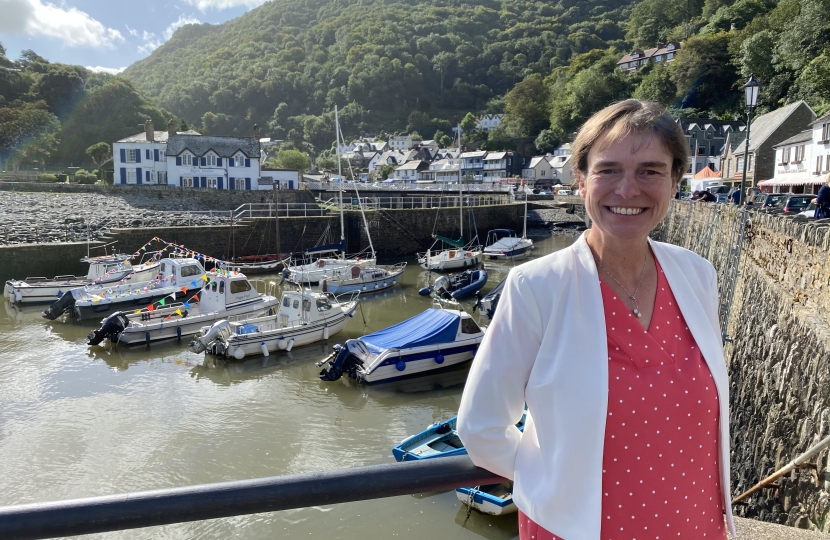
North Devon is probably best known for its beautiful beaches, stunning countryside and dramatic moors. Our economy, however, is not quite as buoyant as our beachside inflatables.
North Devon is sparsely populated and in keeping with other similarly populated parts of the UK, we historically have had high employment but low wages. Our median weekly, full time, earnings in December 2019 were 17.4% below the national average at just £483.78 per week. Total income per head fell from 3.3% above the UK average in 1997 to 3.1% below the national average by 2018. Our productivity is also below par, falling from 86.2% of the national average in 2002 to 78.8% of the average in 2018.
Employers often struggle to find the right staff in North Devon with a mismatch between the skills of those seeking working and those looking for employees. Well paid, skilled jobs frequently go unfilled, with many major employers having to routinely train their own staff. However, this is also fraught with difficulties. Our nearest university is over 50 miles away – we have very limited higher education provision, making it nigh on impossible for local employers to offer degree level apprenticeships.
Education is the key to levelling up, and as a former teacher myself, young people sometimes demonstrated a very low level of ambition. This is reflected in the findings of this week’s Social Mobility Commission report, The Long Shadow of Deprivation, which details how hard it is to become socially mobile when your family and friends continue to work in low skilled and low paid sectors. In North Devon, this situation is exacerbated by our distance from major conurbations where the outward benefits of a great job are less visible.
Infrastructure too is seen as vital to levelling up, yet part of North Devon’s appeal is its raw beauty and I remain unconvinced that a new road or railway line is going to solve everything. Superfast broadband, however, will go a long way. Devon is more than five years behind most of the UK in the rollout of broadband thanks in part to its rural nature, and in part due to poor management of the roll-out in a cost-effective way. The pandemic has highlighted how vital broadband is and numerous rural parts of North Devon have slow connections which will have made home working and schooling practically impossible.
In many ways, the hardest problem of all to resolve is securing inward investment for town centres and businesses in coastal areas. Our small, market, coastal towns are unable to effectively bid for the funding and investment they so desperately need. In levelling up our country, we need to find a more effective way to target small communities which have high deprivation indices such as Ilfracombe which is in the bottom 5% most deprived Local Super Output Areas in England, and the most deprived in Devon, yet it has no viable economic development plan, and no means of securing external investment.
In an ideal world, we would seek out the Ilfracombes of the UK (so many of which are in our coastal communities) and secure commercial real estate investment in them as detailed in the EG Report ‘Turning the Tide’. North Devon sits in the bottom 20 constituencies for investment in English coastal towns. Building on the Towns Fund initiative to incorporate many smaller towns (which in constituencies like mine are the major conurbations) is where we need to start to level up our market and coastal towns. Ideally these funds would be allocated, rather than bid upon, as our over-stretched councils are ill-placed to compete.
To begin to address levelling up in remote, sparsely populated constituencies like mine, we need to ensure we have higher education provision to enable our young people to become the skilled people our employers are calling out for. We need to rapidly rethink how our high-speed broadband is rolled out – no one would approach transport infrastructure in the way we approach digital infrastructure. And we need proper investment in our small towns which, given the obvious economic benefits of higher-paid and more prosperous communities, will save us money in the long run.
Coastal communities are fantastic places to live, work, and go on holiday, and we can make them even better places by focussing on these three areas.

